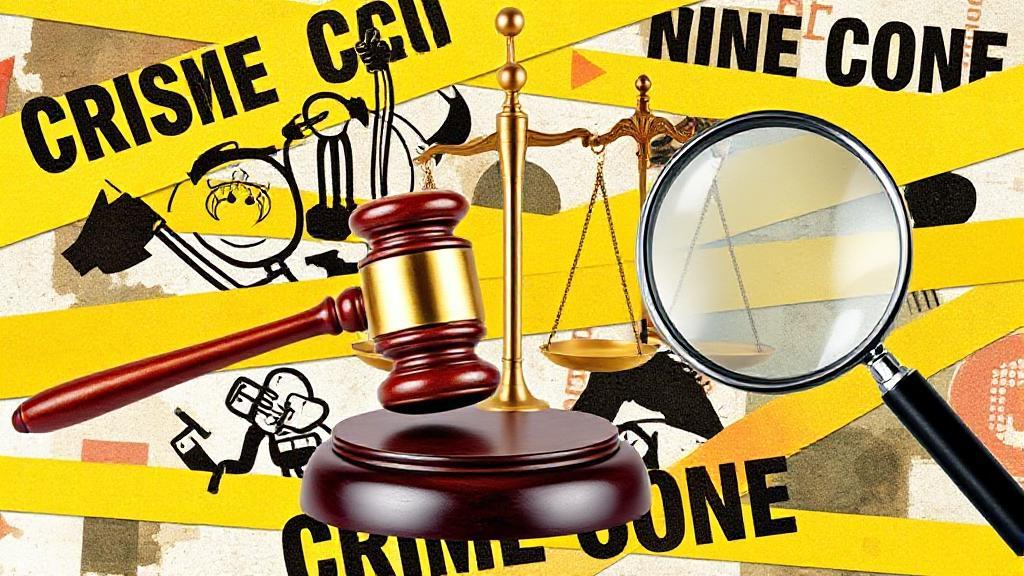Introduction to Criminology
Criminology is a fascinating interdisciplinary field that combines elements of sociology, psychology, law, and other social sciences to study crime, criminal behavior, and the criminal justice system. It seeks to understand the causes and consequences of crime, as well as develop effective methods for prevention and rehabilitation.
Definition and Core Concepts
At its core, criminology is the scientific study of crime, criminals, and criminal behavior. Unlike criminal justice, which focuses on practical law enforcement aspects, criminology takes a theoretical approach to understanding why crimes occur and how society responds. Criminologists analyze data, conduct research, and develop theories to better understand crime's complex nature.
Key Areas of Study
- Criminal behavior patterns
- Social and psychological factors
- Victimology
- Crime prevention strategies
- Criminal justice systems
- Law enforcement methodologies
Major Criminological Theories
Classical Theory
Developed by Cesare Beccaria, classical criminology posits that individuals have free will and make rational choices when deciding to commit crimes. This perspective emphasizes deterrence and punishment as crime prevention methods.
Sociological Theories
These theories examine how social environment impacts behavior:
- Strain Theory: Suggests societal pressures and inability to achieve goals through legitimate means lead to crime
- Social Learning Theory: Proposes that criminal behavior is learned through observation and imitation
- Labeling Theory: Focuses on how being labeled as a "criminal" influences identity and actions
Other Important Theories
- Biological Theories: Examine genetics and physiological factors
- Psychological Theories: Explore mental processes and personality traits
- Critical Theories: Include Marxist and feminist perspectives on crime and justice
Modern Applications and Practice
Crime Prevention Through Environmental Design (CPTED)
Modern criminologists apply theoretical knowledge through approaches like CPTED, focusing on:
- Natural surveillance
- Natural access control
- Territorial reinforcement
- Maintenance and management
Data-Driven Policing
Contemporary criminology relies heavily on analytics to:
- Predict crime patterns
- Allocate resources
- Evaluate interventions
- Develop evidence-based policies
Career Opportunities
| Career Path | Primary Focus | Required Education |
|---|---|---|
| Research Criminologist | Academic study and research | PhD |
| Criminal Profiler | Behavioral analysis | Master's/PhD |
| Policy Advisor | Legislative development | Master's |
| Forensic Psychologist | Criminal psychology | Doctorate |
Impact on Criminal Justice Reform
Rehabilitation Programs
"The goal of rehabilitation is to address the underlying causes of criminal behavior and provide offenders with the tools to become productive members of society."
Evidence-based rehabilitation programs focus on:
- Education and skill development
- Mental health treatment
- Substance abuse recovery
- Social reintegration
Future Directions
Technological Advances
- Artificial intelligence in crime prediction
- Biometric identification systems
- Digital forensics
- Cybercrime analysis
Social Justice Integration
Contemporary criminology increasingly considers:
- Racial and ethnic disparities
- Socioeconomic factors
- Mental health influences
- Environmental impacts
For those interested in learning more, resources such as the American Society of Criminology, British Society of Criminology, and National Institute of Justice offer valuable information and research in the field.
